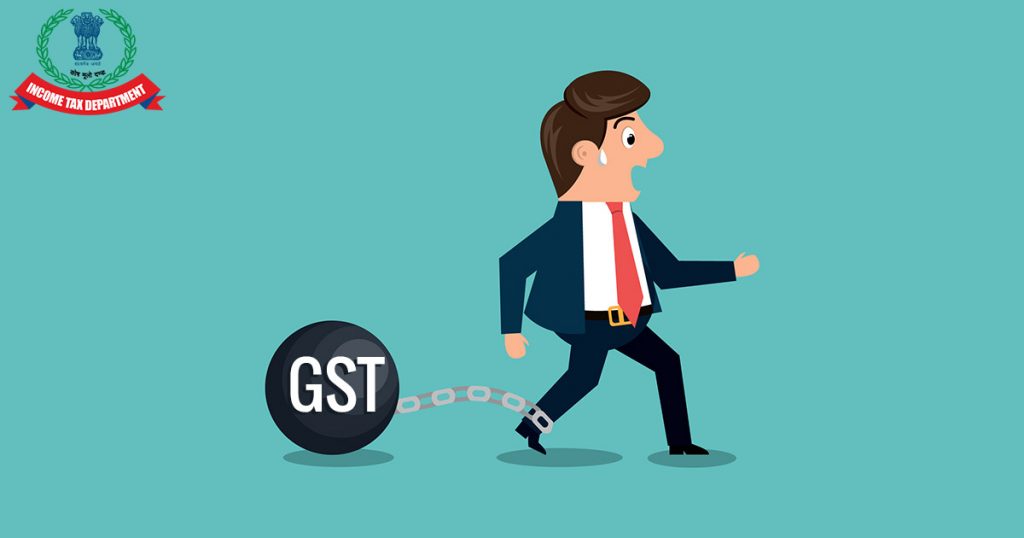
The income tax department has started sending queries to top-notch banks and companies if the common costs such as the CEO’s salary, are dispersed by them to its divisions & branches.
A few top companies with the centre of operations in Pune, Delhi and Mumbai are being interrogated by the IT department on cross-charging of costs.
The IT department wants a proportionate supply of common costs from companies to its various subdivisions ranging from head office to branch office and to consider this distribution of costs as supply under GST.
The supply will attract 18% GST on the total amount i.e. the amount of supply plus 10% of it.
Goods & Services Tax regime is structured in such a way that it spares nothing for free and that also taken into consideration the common operations including Legal and Audit fees, IT operations, Human Resource, etc carried out at the company’s headquarters or head office of the bank.
According to Rohit Jain who is a partner with law firm ELP, not treating the employees of subdivisions as employees of the whole organisation is legally irrational. He says, “The interpretation adopted by the tax authorities is that an employee of an organisation should be considered as an employee of a particular office only (not the organisation as a whole) for GST-related purposes. Such an interpretation is legally and factually incorrect,”
For example, if the annual salary of the chief executive officer of a company is Rs 5 crore than this earning of CEO would be treated as a cost for the head office as the executive is located there. The tax department wants the proportionate cross charge of this cost under GST by the company to all its branches and treats this as supply which attracts GST @ 18%.
According to the theory of Income Tax department, this cost of Rs 5 crore should be apportioned to other branches located in different states and treat this as a supply of services from the head office to the branches.
According to the Tax experts, the mixup mystification about the cross-charging could imply an actual cost for the organisations. Almost in every organisation, this would have ultimately neutralised the revenue.
Read Also: Insurance & Pension Facility for GST Registered Traders
“Few sectors such as hospitals and power where no output GST is payable and in cases where the time period to avail credit has lapsed, this GST liability will lead to a significant cost,” stated by Jain.
Ritesh Kanodia who is a partner at Dhruva Advisors said, “Tax authorities have started issuing preliminary notices to companies and sought details about the methodology followed for distribution of such credits, though in either of the methods, the GST credit gets distributed as per the intent of the law. The taxpayer has been contending that the services are being consumed by the head office for carrying out its support functions and therefore require issuing a supply/cross charge invoice,” Ritesh Kanodia, partner at Dhruva Advisors.”
